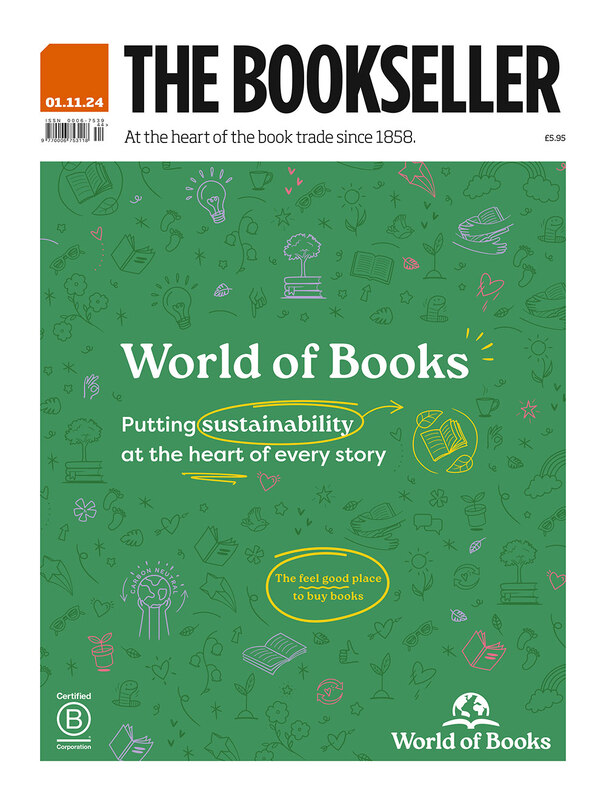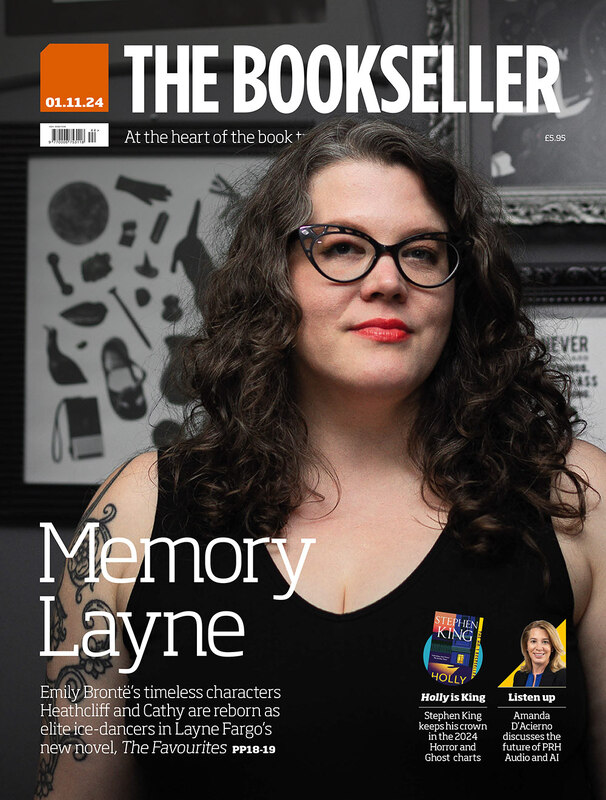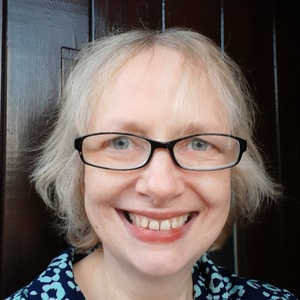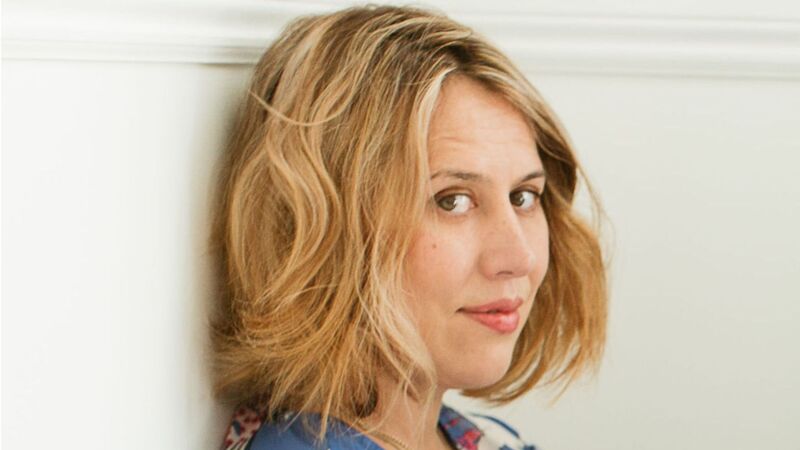You are viewing your 1 free article this month. Login to read more articles.
Nadeem Aslam: Like dew on a petal
No one could doubt the intensity of Nadeem Aslam's commitment to the writer's life. The author of Season of the Rainbirds (1993), which won the Betty Trask Award and was shortlisted for the Whitbread First Novel award, has spent 11 years producing his second novel, Maps for Lost Lovers (Faber, 24th, h/b, £16.99, 0571221897).
They have not been 11 years spent living in Hampstead on a private income. Aslam, who was born in Pakistan, and moved to West Yorkshire in his early teens, is of working-class stock; money has been a constant problem.
"The first novel won a number of awards, so at the beginning it was fine," he explains in his light voice, fluttering expressive hands. "I am a single man, no children, no extravagances. I live frugally." Later, Aslam was helped by grants, although he actually returned part of one--from the Royal Literary Fund--"because I didn't need that much".
"One thing my father instilled in his children--and I am so grateful--is a contempt for money: 'It is nothing to be strived for, just live a passionate life.' This book would not have been possible if I hadn't had that behind me."
Aslam's writing methods show a similar intensity of commitment: when he managed to buy himself a few consecutive weeks of uninterrupted work on the novel, he would drape black cloths over the windows and simply not leave the house. "I remember it happened again and again that I would step out of the house eventually, after perhaps seven weeks, and I would be stunned that the town outside me was not the town of my novel."
Perhaps this level of dedication--and the example of Aslam's father, forced into political exile for his outspokenness against the military rule of President Zia--explains the fearless tackling of sensitive issues in Maps for Lost Lovers. Set in an unnamed town in England, it is--despite its dreamy-sounding title and the lush, pastoral language with which the book invokes the beauties of the natural world--a much harder-edged version of the kind of immigrant story Monica Ali had so much success with in Brick Lane.
The central characters are an ageing couple, Shamas and his wife Kaukab; the latter, a beautifully drawn character, is a devout traditionalist, who speaks to a white person perhaps three times a year, and whose rigid espousal of the old Pakistani customs has put her in sharp conflict with her three adult children. In the background to the novel is the disappearance, shortly before the story opens, of Shamas' brother Jugnu, and Chanda, the girlfriend with whom he was living outside of marriage. Later Chanda's brothers are charged by police with the "honour killings" of the couple.
Other strands in the novel explore the plight of Suraya, divorced by her husband in a moment of drunkenness and forced now to look for a "temporary marriage" as the only permitted way to return to him; the sufferings caused by arranged marriages; and--explosively--a paedophile cleric whose assaults have been covered up by the mosque.
Although he is careful not to give his novel a specific geographical location, stressing that he has lived in the Asian neighbourhoods of several different towns, Aslam is clear on the truth of his tales. "For me as a writer, all I had to do was to provide surfaces for those stories to coalesce onto like dew on a petal, because the air is so rich with humidity. I just had to hold this book out of the window like a flower and the story came like a dewdrop."
The need to make a stand against tyranny--inherited from the example of his father--is a deep part of his writing, he says: "I vote every time I write a sentence.
"Last year I went to Ground Zero and the friend I was with asked, 'How do you feel?', because part of what happened there was to do with my country. Then I realised that I felt sad and distressed and angry with myself--that I wasn't a better human being, a better writer. Had I done enough to point out and condemn the smaller scale 9/11s that go on every day? Perhaps if I had been more bold as a human being, and other people like me had been, then the people who did that huge mass murder wouldn't have had the courage, the opportunity. Perhaps if we had screamed louder, they would have backed down."
He describes himself as an unbeliever, but "culturally Muslim". "This book would not be possible without the Koran, the Thousand and One Nights, the Persian love poetry." Has he no fears about the response his book will get from the Pakistani community? "No, because it's true," he replies simply. "This is how things are and it has to be talked about. I have seen far more hard-hitting stuff, in Urdu, published in Pakistan. Maybe people with political ambitions who want to make their own name will exploit my novel, I don't know. But it's true."
Benedicte Page
* PR campaign with appearances at all major literary festivals including Hay and Brighton.










